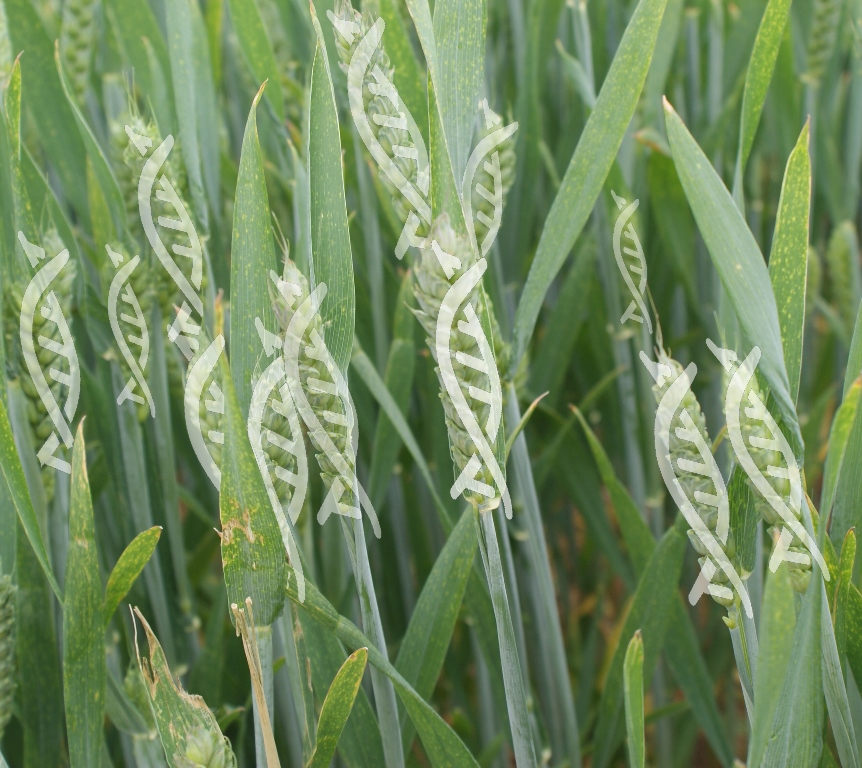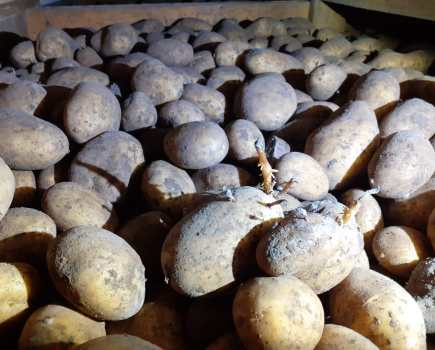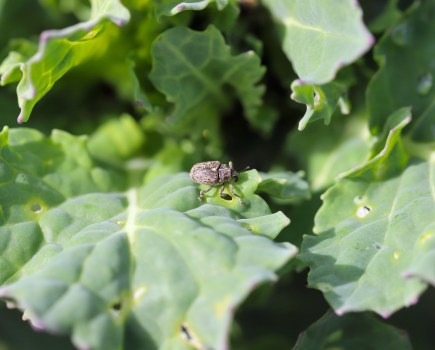Opportunities for UK breeders lie in helping farmers develop growing markets for organic crops, the leading environmental campaigner has told CPM.
Research should be focused on using new techniques, such as marker-assisted breeding, to develop the traits the market place is looking for.
By Tom Allen-Stevens
Policy director at the Soil Association Lord Peter Melchett has called for plant breeders to explore the diversity within Europe’s own crop population before turning to new breeding technologies (NBTs), such as gene-editing (GE), that he believed could never be regarded as safe.
The veteran campaigner and organic Norfolk farmer spoke to CPM recently in what’s believed to be the last media interview he did before he passed away late on Wednesday (29 Aug).
He pointed out that breeding techniques such as CRISPR-Cas9 that involve artificial disruption of the genome have now been defined by the Court of Justice of the EU (CJEU) as genetic modification. This classes plants formed by these and other NBTs as GMOs and will result in tight restrictions placed around any field-based research.
“The scientists involved in CRISPR have always said there is a likelihood of unintended consequences from the changes they make to plant genomes. Recently, evidence has emerged that confirms this to be the case. We can never say this technology is completely safe,” he said.

The Soil Association has concerns about any disruption of the plant genome by modern techniques.
The recent CJEU ruling on GE crops was greeted with dismay by UK scientists and breeders, who argue such NBTs are no different and are more precise than natural mutations that take place in plants all the time. Older forms of mutagenesis, such as those induced by chemicals and radiation, are accepted as non-GM, according to the ruling, even though scientists regard these as less precise than more modern techniques. Other authorities, notably the US and China, have determined that plants bred using NBTs should not come under GMO restrictions nor be labelled as GM.
“The idea that GE is natural, safe and precise formed the basis of arguments that were used in favour of GM crops,” argued Peter. “But now scientists say that GE is more accurate with fewer side effects than GM. If they got it wrong before why should we believe them now?
“What’s more, despite their assertions that these forms of mutagenesis can occur naturally, so can’t be traced, pressure is being put on regulators to approve NBTs so that companies can patent the traits and recover their investment – I think there’s a conflict between those two arguments.”
In the UK, world-leading research, funded by BBSRC, is underway into GE crops. This includes the first ever European field trials of a GE crop, and wheats with a 21% increased thousand grain weight. Scientists have warned the expertise built up in this field may now be driven overseas, where developing NBTs is likely to face less regulation. The expense involved would preclude investment by all but the very largest biotech companies, they say, which may delay development of new varieties that could address issues such as food poverty and climate change.
“Again, this was the claim made of GM, yet not one single GM trait has resulted in a crop that has addressed climate change – it’s clear that these crops will do absolutely nothing for the rapidly growing demand for food,” Peter pointed out.
“Here in the UK, however, the opportunity for the agri-food industry lies in supplying a premium market where traditional methods of plant breeding have a value. Research should be focused on using new techniques, such as marker-assisted breeding, to develop the traits the market place is looking for.”
Rising food demand
There are two reasons, apart from rising food demand, why the direction of farming in the EU should change, he said. “There is a need for healthier diets, containing less meat and more protein supplied through plant sources. We also have to make massive cuts in UK emissions to address climate change, and these won’t be delivered if UK farmers continue their current dependence on chemicals and fertiliser.
“We have a unique advantage in the UK that we can currently supply clean and traceable products to an organic market currently rising by 6% in the UK and up to 25% in countries like China. As more is understood about the wheat genome, breeders are discovering a huge range of genetic diversity in Landrace varieties and traits that previously were lost,” claimed Peter.
“The idea that we need to manipulate a plant genome to develop new traits is simply untrue – all breeders need to do is explore further the untapped potential of the genepool currently at their disposal which already has huge safety checks built in.”
In memory of Peter Melchett, a committed environmental campaigner and staunch advocate of organic farming, 1948-2018. This is believed to be the last media Interview he did, conducted 23 Aug 2018.




